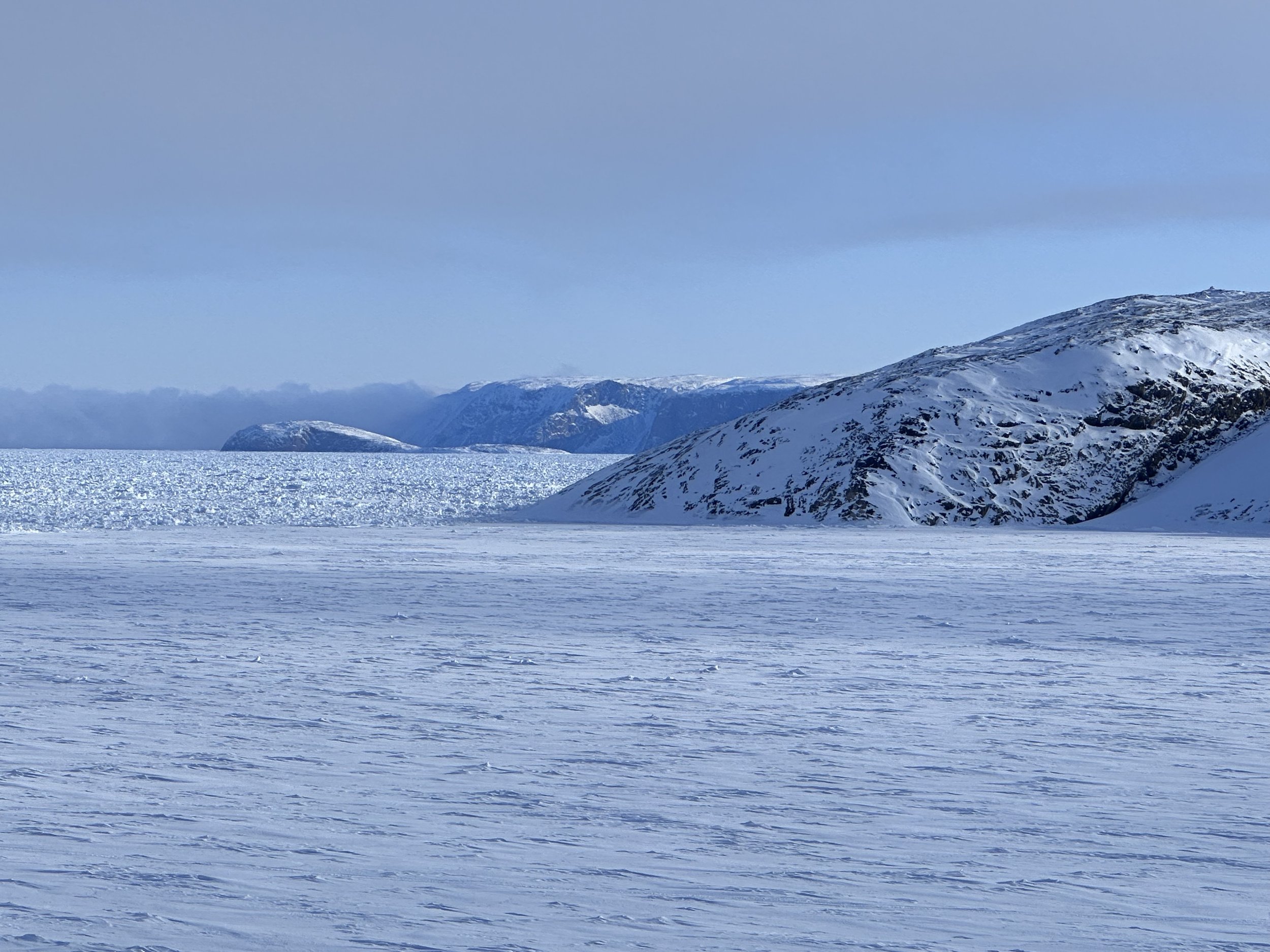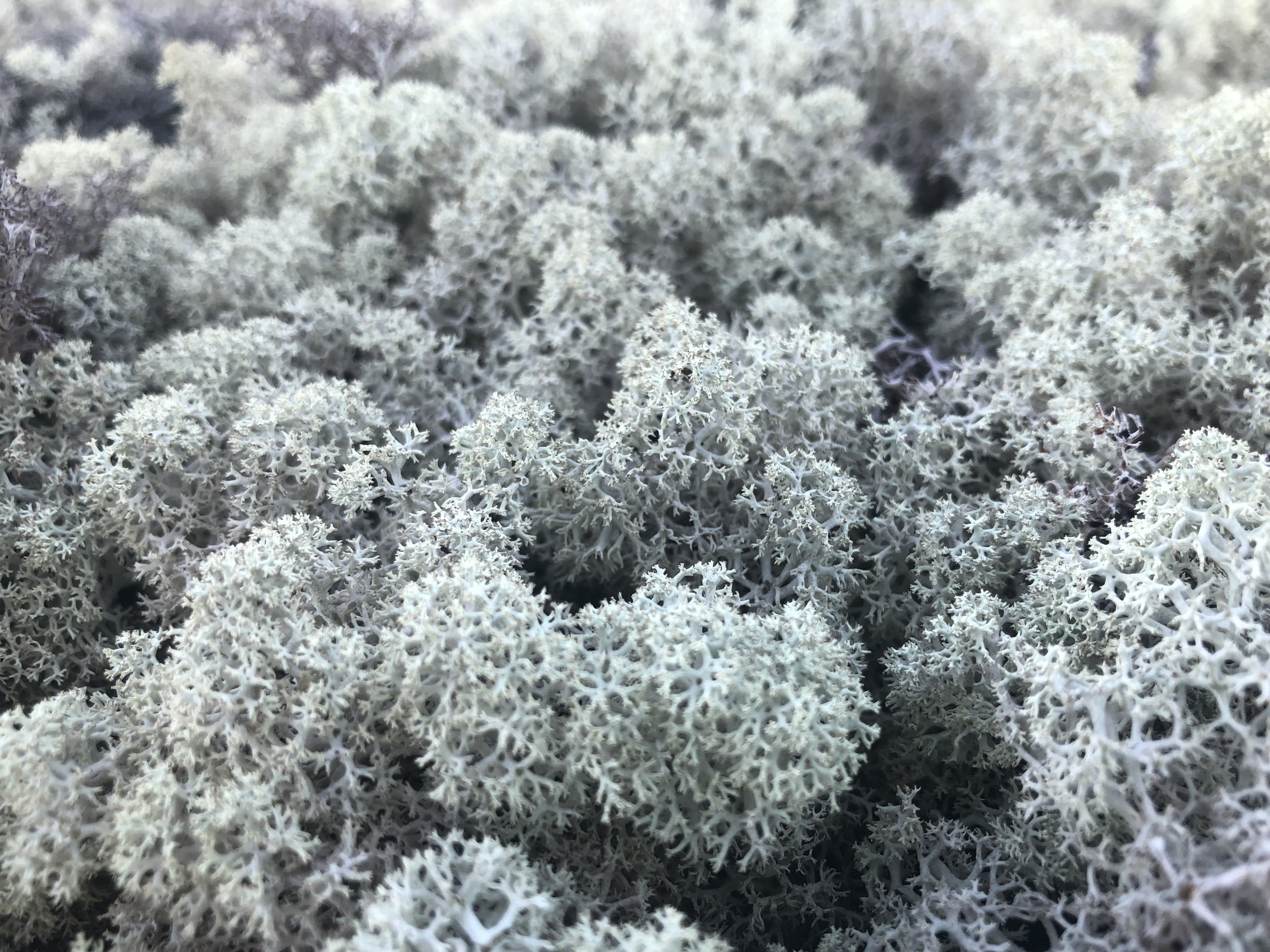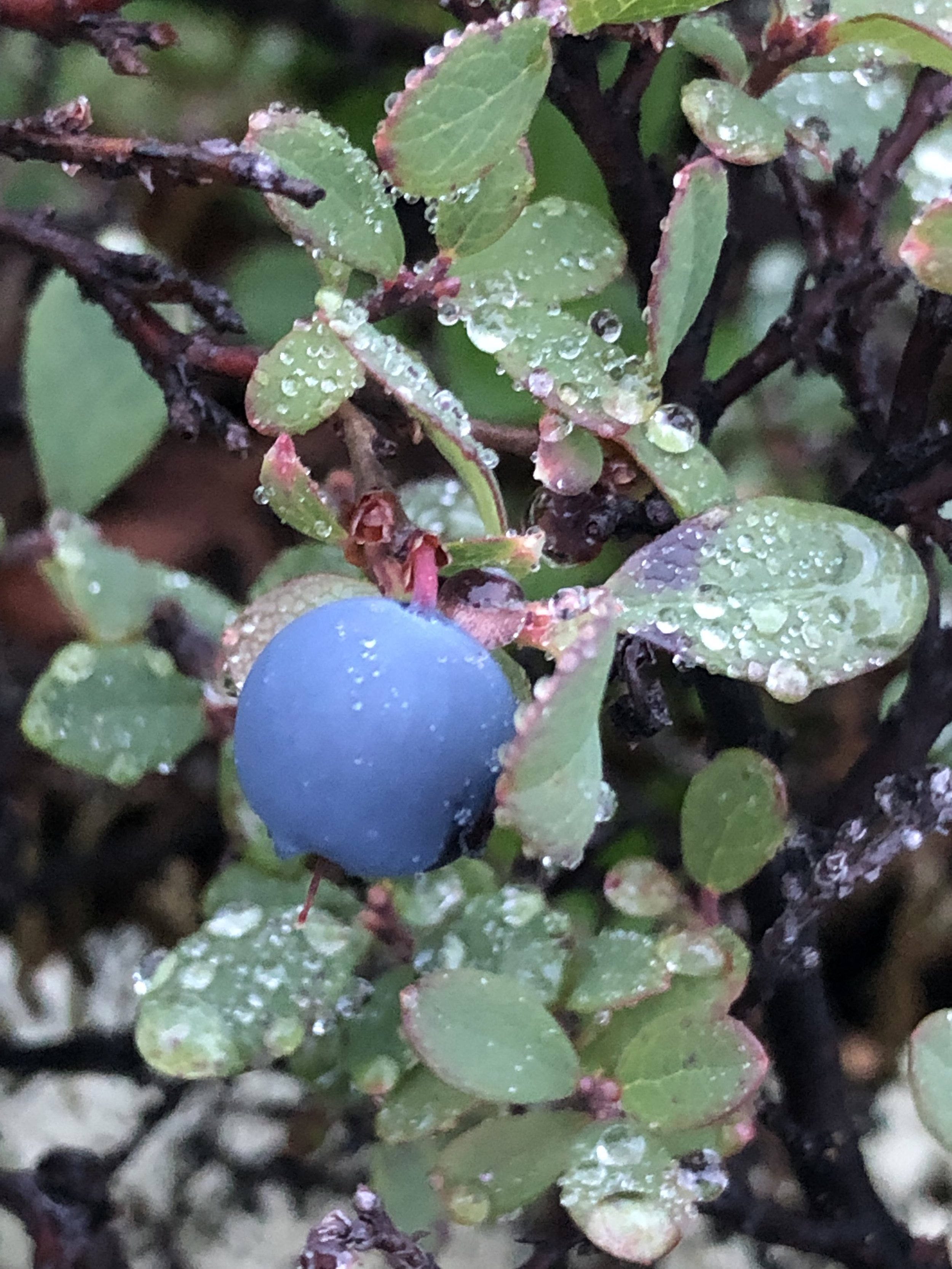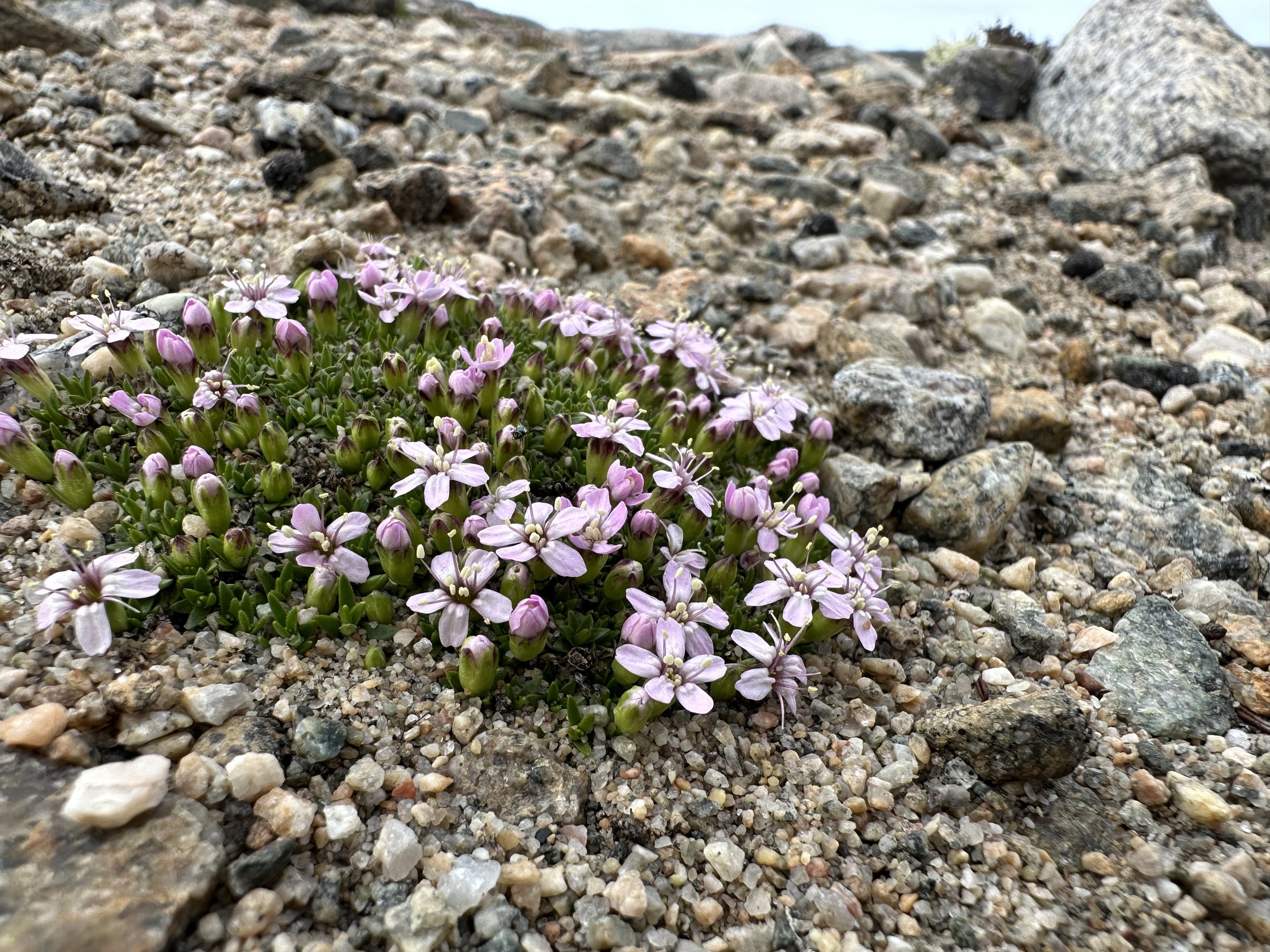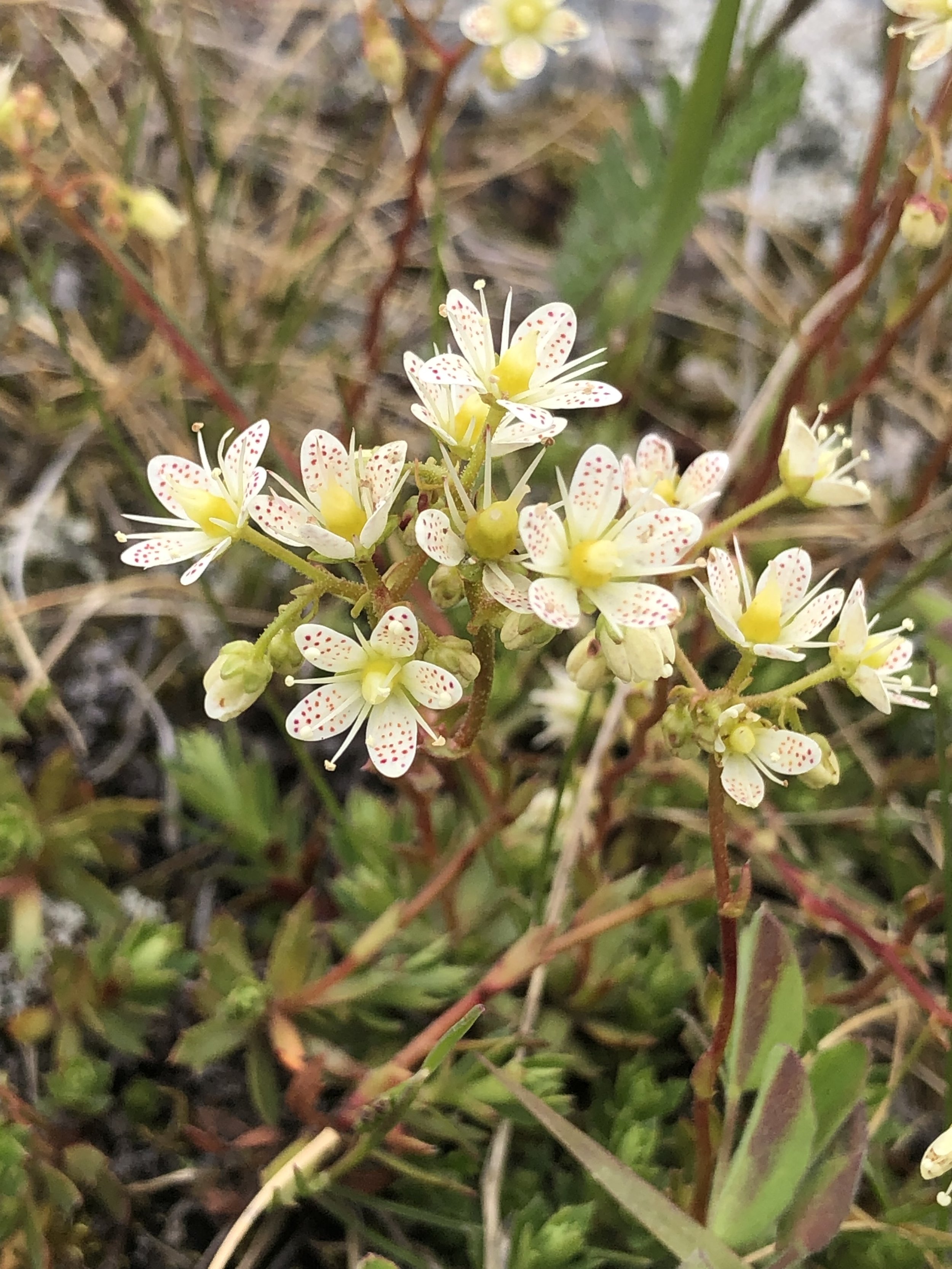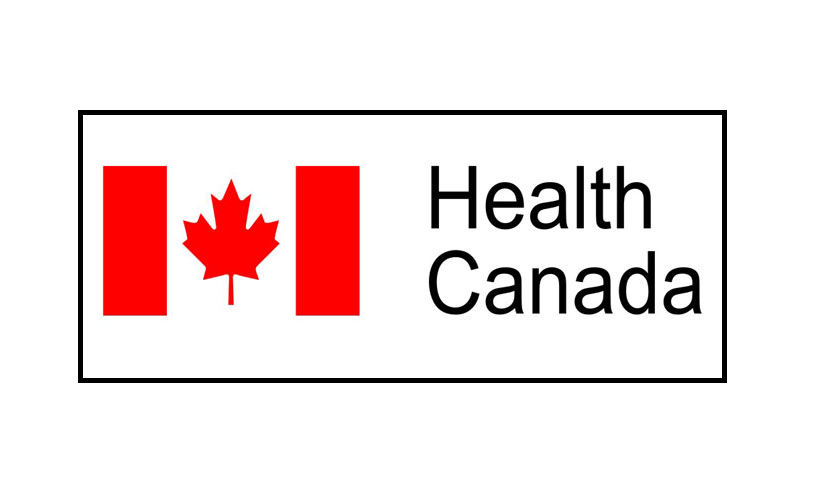Resources
Discover various information on addictions, parenting, wellness and substances.
-
Addiction is a strong, uncontrollable need to take drugs, drink alcohol or carry out a particular activity, such as gambling.
It becomes the most important thing in your life and leads to problems at home, work and school.
There's no single reason why addictions develop. Some people experience particularly intense feelings for pleasurable or relaxing activities, such as:
• regularly drinking alcohol
• smoking
• using drugs or other substances
• spending time gambling
• using the internet (including porn sites)
• sex and love
• shopping
This can lead to a strong desire to repeat these activities more often.
From enjoyment to addiction
Many people regularly use addictive substances or engage in potentially addictive activities without having major problems.
However, in some people it can cause damaging physical and psychological effects, as their behaviour becomes more frequent and intense and turns into an addiction. This occurs as a result of chemical changes in the brain.
If you carry on using the substance or engaging in the behaviour, your brain and body become tolerant and you need more drugs, or spend more time on the behaviour to get the same effect. What started out as something you can control develops into an uncontrollable need or addiction.
If you try to stop, you'll experience physical or psychological withdrawal symptoms, or both. Withdrawal symptoms are wide ranging and vary depending on the substance involved, but generally you'll experience:
• feelings of discomfort
• distress
• an intense craving for the substance
Withdrawal from alcohol is often particularly difficult because it can sometimes be complicated by seizures (fits) and hallucinations. -
There are many organizations that provide help in treating addictions. Your doctor is a good first point of contact. They'll be able to provide you with help and advice, and can recommend specialist addiction services both nationally and locally.
Read more information about overcoming addiction in this link (click to open new window).
Treatment for addiction focuses on the individual and their needs. Talking therapies and medication are recommended treatments. The most effective talking therapies for treating addiction include:
• cognitive behavioural therapy (CBT) (click to open new window)
CBT is based on the concept that your thoughts, feelings, physical sensations and actions are interconnected, and that negative thoughts and feelings can trap you in a negative cycle.
CBT aims to help you deal with overwhelming problems in a more positive way by breaking them down into smaller parts.
You're shown how to change these negative patterns to improve the way you feel. Unlike some other talking treatments, CBT deals with your current problems, rather than focusing on issues from your past.
It looks for practical ways to improve your state of mind on a daily basis.
• motivational enhancement therapy (MET)
MET is a counselling technique that can help you overcome any mixed feelings you have about taking part in a treatment programme and stopping your drug use.
It aims to draw out self-motivational statements. A plan for change can then be made based on a commitment to move forward and find a solution to the problem.
Treatment usually starts by encouraging you to think about how you want to change. It's important your counsellor is non-judgemental and a supportive listener. You need to believe that you want to – and can – overcome your addiction and your life will be better as a result.
An addiction counsellor will discuss:
• how you see your life in the future
• what obstacles you feel you face as you work towards changing
• what you think will help you deal with those obstacles
The addiction counsellor will also help you understand that stopping a drug or behaviour may involve major lifestyle changes and support will be needed in the long term to prevent relapse. It's important to involve family and friends in supporting you to overcome your addiction. -
You're more at risk of developing an addiction if:
• other members of your family have addiction problems
• you experienced stress or abuse while growing up
• you have mental health problems
• you have unemployment and financial worries
• you're experiencing relationship problems
Addictive behaviour often occurs when people try to deal with or forget about these difficult issues.
Video Link:
How addiction changes your brain (click to open video in new window)
(Copied from: http://www.nhs.uk/conditions/Addictions/Pages/Introduction.aspx) -
Alcohol
Defined from Oxford dictionary:
“a colorless volatile flammable liquid that is produced by the natural fermentation of sugars and is the intoxicating constituent of wine, beer, spirits, and other drinks, and is also used as an industrial solvent and as fuel.”
Cannabis
Defined:
“The dried leaves and flowering tops of the Cannabis sativa or Cannabis indica plant. Cannabis contains active chemicals called cannabinoids that cause drug-like effects all through the body, including the central nervous system and the immune system.”Cannabis is made up of more than 120 components, which are known as cannabinoids. Experts still aren’t sure what each cannabinoid does, but they have a pretty good understanding of two of them, known as cannabidiol (CBD) and tetrahydrocannabinol (THC).
Each has its own effects and uses:
• CBD. This is a psychoactive cannabinoid, yet it’s non-intoxicating and non-euphoric, meaning it won’t get you “high.” It’s often used to help reduce inflammation and pain. It may also ease nausea, migraine, seizures, and anxiety. (Epidiolex is the first and only prescription medication to contain CBD and be approved by the Food and Drug Administration, or FDA. This medication is used to treat certain kinds of epilepsy.) Researchers are still trying to fully understand the effectiveness of CBD’s medical use.
• THC. This is the main psychoactive compound in cannabis. THC is responsible for the “high” that most people associate with cannabis.
(copied from: https://www.healthline.com/health/what-is-cannabis#Whats-the-definition-of-cannabis?)
Cannabis has become legal in Canada since 2018. Click here for more information.
Weed while pregnant?
Pregnant women who use marijuana may risk changing the developing brain of the unborn baby. These changes could contribute to problems with attention, memory, and problem solving.
Weed and School
Students who smoke marijuana tend to get lower grades and are more likely to drop out of high school than their peers who do not use. The effects of marijuana on attention, memory, and learning can last for days or weeks. These effects have a negative impact on learning and motivation. In fact, people who use marijuana regularly for a long time are less satisfied with their lives and have more problems with friends and family compared to people who do not use marijuana.
Is weed addictive?
Yes, marijuana is addictive. A user may feel the urge to smoke marijuana again and again to re-create the “high.” Repeated use could lead to addiction—which means the person has trouble controlling their drug use and often cannot stop even though they want to.
Cannabis and schizophrenia
Since all substances affect the brain and nervous system, studies have shown that a teenage brain can be affected by using cannabis.
Click here for more information. -
“Trauma is truly about: loss of connection, low stress tolerance, inability to process emotions, and nervous system overwhelmed.”
— Dr. Nicole LePera
“Trauma is not what happened to us, but the way we internalized what happened to us.”
— Dr. Gabor Maté
Click here for more information on:Trauma and dispossession.
Children and Trauma
Over the years we have learned more about the impact of trauma on children’s well-being, in childhood and on the rest of their lives.
Childhood is a very important time, brains are growing and children are learning all the skills they will eventually need to be happy healthy adults.
We know that many events in our communities today can be very hard on young children. Witnessing family violence, sexual abuse, physical abuse and childhood neglect can all have long lasting impacts on a person’s life. Experiencing the losses associated with increased accidents and suicides all take their toll. We are all doing our best to get by in this very stressful and complicated “modern” world, but we need to keep our eyes on the children, to make sure that they are getting the love and support they need every day.
Take care of yourself first, as you are the one who can help nurture our children. They are our future … our gift to the world. Nurturing and protecting our children has to be a priority!
Jump to the specific resource section you are looking for by clicking the links below:
Resources for Parents
Reducing the risk
-
The older we are when we have our first experience with alcohol or drugs, the less we will “use” over our lifespan. This has been proven in a number of studies.
Children and youth in Nunavik are smoking, toking and drinker at younger and younger ages. It is no longer unusual to meet a youth who is troubled by problems in school related to his “weed” use at the age of 12.
Alcohol is a neuro toxin, it acts as a poison on growing brains. Modern science indicates that our brains continue to grow until we are in our 20’s, so not only is it dangerous for pregnant women to drink, it is dangerous for young people to drink, it may make it harder for them to eventually achieve their dreams. The dangerous patterns of drinking seen in young people can also lead to premature death.
It is easy to think that weed is less dangerous than alcohol, because when people are intoxicated on “weed” they don’t cause any problems in our communities, like the people who become aggressive and dangerous under the influence of alcohol.
We have to be careful though, the marijuana and hash sold in Nunavik today is almost 300 times stronger than 30 years ago, and impacts greatly on our youth’s capacity to learn and retain new information as well as develop emotional management capacity.
Reducing the risk includes making sure the laws prohibiting access to alcohol and tobacco by minors are upheld. It also included reducing the supply of illegal substances and making sure everyone knows the risk of substance use and abuse.
Prescription drugs can also be abused. We must educate ourselves and out children about the dangers of use and abuse.
How do I talk to my teenager about substance use?
-
Remain calm. Taking a moment, or however long, to gain control over your emotions is good. An emotional outburst may close off the discussion.
1. Factual information can help your teen make good decisions.
2. Ensure the conversation is age-appropriate.
3. Focus on facts rather than emotions or fear.
4. Talk about the short- and long-term effects that drugs and alcohol can have on their mental and physical health and safety.
Introduction for parents and concerned adults
-
Click to download:
— “Introduction for parents and concerned adults (English)” resource.
— Nunavut Inuit Parenting (Inuktitut and English)
Nothing can prepare you for being a parent. It tests your stamina, your nerves, your emotions and at times even your sanity. You start out fretting over how to change a diaper or bathe the baby without drowning it, and before long you discover that that’s the least of your challenges. And just when you think you’ve got one phase of childhood cracked, they grow a bit older and it’s a whole new scenario. Toddling, school, boyfriends or girlfriends, driving lessons—it never stops. Luckily the rewards are huge—the fun, the hugs, and the closeness. Even the thanks eventually, if you’re very lucky. And of course the pleasure of seeing them grow into the kind of person you can be proud of.
Limit infant TV viewing
-
The American Academy of Pediatrics recommends that children should watch no more than two hours of TV per day after two years of age, and none before that age.
Here’s why: a new study that followed almost 2,000 Canadian children from birth found that an extra hour’s TV viewing at 2.5-years-old predicted worse performance later when they attended kindergarten (Pagani et al., 2013).
The more children exceeded this recommendation at 2.5 years old, the worse their vocabulary, math and motor skills were at 5-years-old.
More on this study: One Extra Hour of TV Reduces Toddlers’ Kindergarten Chances
Exercise boosts kids school performance
-
Kids are increasingly sedentary and, as I frequently write here on PsyBlog, exercise is a wonderful way to boost brain power, and it has many other benefits.
A new study of 11-year-olds has found that moderate to vigorous exercise was associated with increased academic performance in English, Maths and Science (Booth et al., 2013).
These gains from exercise were also seen in exams taken at 16-years-old. Interestingly, girls’ science results benefited the most from extra exercise.
Improving protective factors
-
Children who have supportive, protective parents are less likely to try alcohol and drugs at a young age – they don’t have as much of a chance to get into this kind of activity.
Research has also shown us that children who have been safe and protected for trauma are also more able to make healthy choices when it comes to substance use and abuse.
There are lots of ways we can help improve the protective factors in our children’s lives ..
Support and encourage them in school, if they need, help, get it for them or help them yourself, school success is important for children’s well being.
Get out and PLAY, physical exercise and play is an important part of development, it also helps build strong families when there are times for family pleasure and FUN.
Camping is one activity Nunavik children enjoy – but sometimes, they just don’t get the opportunity to get out enough. Poverty and unemployment may make camping a “luxury” for some families. We need to pay attention to this and work in our communities to make sure everyone gets a chance to be “on the land” that’s where healing and wellness happens.
Regular Bedtimes
-
Regular bedtimes really matter to children’s developing brains.
Researchers followed 11,000 children from when they were 3-years old to the age of 7 to measure the effects of bedtimes on cognitive function, (Kelly et al., 2013).
The researchers found that:
“…irregular bedtimes at 3 years of age were associated with lower scores in reading, maths, and spatial awareness in both boys and girls, suggesting that around the age of 3 could be a sensitive period for cognitive development.”
Regular bedtimes are important for both boys and girls and the earlier these can be implemented, the better for cognitive performance.
Putting your Child first is worth it
-
Underlining the pleasures of having children, research finds that child-centric attitudes are beneficial.
A study by Ashton-James et al. (2013) found that parents who were the most child-centric were also happier and derived greater meaning in life from having children.
Performing child-care activities was associated with greater meaning and fewer negative feelings.
“These findings suggest that the more care and attention people give to others, the more happiness and meaning they experience. From this perspective, the more invested parents are in their children’s well-being — that is, the more ‘child centric’ parents are — the more happiness and meaning they will derive from parenting.” (Ashton-James et al., 2013)
So, what’s good for your kids, is also good for you.
Do the chores together
-
Bringing up happy children is easier if Mum and Dad’s relationship isn’t too rocky. One frequent bone of contention between parents is the chores.
A trick for achieving marital satisfaction over the chores is to do them together.
When partners perform their chores at the same time–no matter who is doing what–both people are more satisfied with the division of labour (Galovan et al., 2013).
Resources for Kids & Youth
Inuit Images Colouring Pages
-
Click to download:
Downloadable Resources
Addictions
-
Click on the resource below in order to download the PDF version of it.
— About gambling (Inuktitut)
— About gambling (English)
— Women and problem gambling (Inuktitut)
— Women and problem gambling (English)
— Is AA for you? (Inuktitut)
— Is AA for you? (English)
— Is AA for you? (French)
— My little corner of Canada by John Amagoalik (Inuktitut)
— My little corner of Canada by John Amagoalik (English)
Wellness
-
Click on the resource below in order to download the PDF version of it.
— Stigma (Inuktitut)
— Stigma (Englis)
— Women signs of trauma (Inuktitut)
— Women signs of trauma (English)
— Grief Workbook (English)
— Alcohol and Health (English)
Substances
-
Click on the resource below in order to download the PDF version of it.
— Low risk drinking guideline (Inuktitut)
— Low risk drinking guideline (English)
Weblinks for Addiction Information
Health Canada
-
Health Canada's goal is for Canada to be among the countries with the healthiest people in the world.
To achieve this goal, Health Canada:
o Relies on high-quality scientific research as the basis for our work.
o Conducts ongoing consultations with Canadians to determine how to best meet their long-term health care needs.
o Communicates information about disease prevention to protect Canadians from avoidable risks.
o Encourages Canadians to take an active role in their health, such as increasing their level of physical activity and eating well.
Visit Weblink.
Canadian Centre on Substance Use and Addiction (CCSA)
Regular people with addictions
-
A place for people in recovery to hang out, share experiences, and support each other. Discuss the various ways to achieve and maintain a life free from active addiction. Everyone is welcome, It is a supportive community.You will need to sign up in order to view comments or follow discussions. Take part if you want to.
Visit Reddit Weblink.
Drug Free Kids Canada
